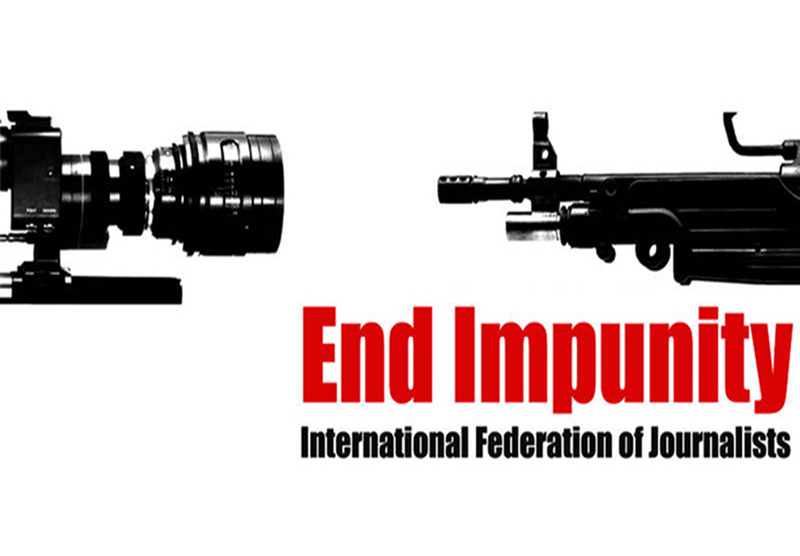
BRUSSELS (International Federation of Journalists / Pacific Media Watch): The International Federation of Journalists (IFJ) has condemned the arrest and subsequent charging of two French Journalists in the eastern province of West Papua and called for their immediate release.
On Friday, August 8, the two journalists Thomas Dandois and Valentine Bourrat were arrested in the city of Wawena, along with three separatists from the Free Papua Movement (OPM), who were reported to be assisting them on a story.
The pair work for the Franco-German television channel Arte and were reported to be making a documentary about the separatist movement in Indonesia’s most-eastern province. West Papua, which has a long-running separatist movement, is a sensitive region in Indonesia, closely guarded by the Indonesian Government.
Few details have been released by Indonesian police since the pair were taken into custody but today both journalists were charged with violating immigration law. If found guilty, the pair face a maximum of five years in jail and a potential fine of 40,000 US dollars.
Sulistyo Pudjo Hartono, the West Papua police spokesman said both journalists had entered Indonesia on tourist visas but were working, which was deemed illegal. In the past, journalists who have been arrested for visas violations in Indonesia have been deported; however the police are yet to provide any further details.
West Papua has a troubled relationship with foreign media and journalist visas are rarely issued. Australian journalist Michael Bachelard, Fairfax Media’s correspondent in Jakarta, was granted permission, referred to as a surat jalan, from the Indonesian Government in 2013. He was the first journalist in 12 months to be granted access.
Specific permission
Currently foreign journalists are banned from entering the region, without specific permission from government and law enforcement bodies, while NGO workers are also strongly restricted.
West Papuan journalists are similarly restricted in their reporting, particularly regarding the separatist movement. When foreign journalists are granted access to the restricted region, it is generally done so under the provision that they are shadowed by a Government representative.
“The current harsh restrictions on foreign journalists entering West Papua seriously curtails the ability of the world’s media to freely report the situation in West Papua,” said IFJ Asia-Pacific acting director, Jane Worthington.
“The IFJ has long criticised such blocking tactics, which only serve to fuel misinformation and suggests an attempt to conceal information from the world. We strongly condemn this extreme response and call for all charges to be dropped and the pair to be immediately released.”
This work is licensed under a Creative Commons Attribution-NonCommercial 3.0 New Zealand Licence.




